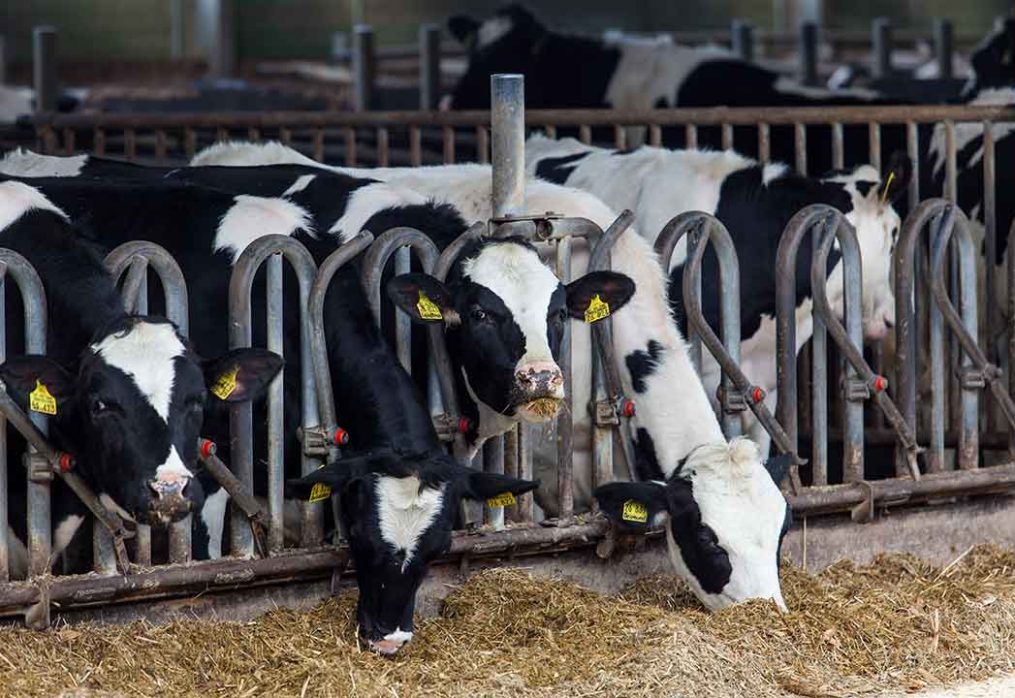Daily feed requirements to keep your dairy cows healthy
To keep your dairy cows healthy, they need a daily intake of energy and proteins, a minimum amount of fiber in each meal, and a small amount of vitamins and minerals. In Kenya, dairy farmers typically feed their cows a diet of maize, hay, and sometimes molasses. This diet provides the necessary nutrients for healthy growth and milk production. However, it is important to monitor your cows’ daily intake to ensure they are receiving enough of each nutrient – as this is beneficial to your dairy cows, and your bottom line, as the dairy farmer.
Herein, we shall discuss in detail why every feed requirement is important for your dairy cows.
- Energy and proteins
Energy and proteins are essential for healthy growth and milk production. Cows need a daily intake of energy to maintain their body temperature, pump blood, and move around. Proteins are needed for the repair and growth of tissues. Without enough energy and protein, cows will not be able to produce milk at optimal levels. Your dairy cows require a certain amount of proteins in their daily diet, which can be met by feeding them maize, hay, and molasses.
These feeding options contain certain percentages of proteins that are necessary for the health of your cows. For example, maize contains about 10% proteins, hay contains about 18% proteins, and molasses contains about 3% proteins.
- Vitamins and minerals
Vitamins and minerals are essential for the proper functioning of the body’s organs and systems. Vitamin A is needed for healthy eyesight, skin, and bones. Vitamin D is necessary for calcium absorption and bone growth. Vitamin E is an antioxidant that helps protect cells from damage. Minerals such as calcium, phosphorus, and magnesium are needed for healthy bones and teeth. Potassium is required for proper muscle function. Without enough vitamins and minerals, dairy cows may experience health problems such as poor vision, weak bones, and muscle weakness.
Supplement minerals and vitamins can be given to dairy cows in the form of mineral blocks or lick tanks. Mineral blocks are made from a mixture of minerals and are placed in the cows’ pasture so they can lick them as needed. Lick tanks are large containers of water that have been fortified with minerals and vitamins. Cows can drink from the lick tank as needed to get their daily dose of vitamins and minerals.
- Fiber
Fiber is important for proper digestion. It helps the cow’s rumen (stomach) break down food and absorb nutrients more efficiently. Without enough fiber, cows can suffer from digestive problems such as bloating, diarrhea, and constipation. Fiber can be found in hay and maize silage. When feeding your cows hay, be sure to offer a variety of different types to ensure they are getting the fiber they need. Maize silage on the other hand, is made from fermented maize and is a good source of both fiber and energy.
Feeding your dairy cows the proper amounts of energy, proteins, fiber, vitamins and minerals will help them stay healthy and produce milk at optimal levels. By doing so, you will be ensuring the health of your dairy cows and the success of your dairy farm. Remember that, before you can begin to get quality milk from your dairy cows, it first begins with a quality feed. Therefore, invest in the best dairy cow feed that you can afford and monitor your cows’ daily intake to ensure they are getting all the nutrients they need for healthy growth and milk production. Like we always say at Feed and Fodder; #BetterFeed #MoreMilk.
Talk to our experts today to get started on the right dairy cow feed for your herd!
